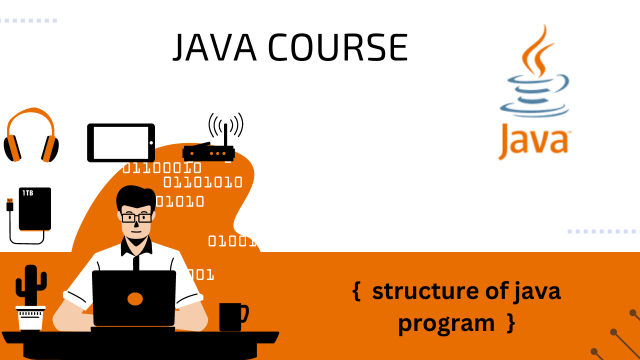
Java Course Overview
A basic Java course covers fundamental programming concepts including Java syntax, variables, data types, control flow (loops and conditionals), and methods. It emphasizes object-oriented programming (OOP) principles such as classes, objects, inheritance, polymorphism, and encapsulation. Students also learn about Java's built-in data structures, exception handling, file handling, multithreading, and basic graphical user interface (GUI) programming. This prepares learners to develop versatile and robust applications across various platforms using Java.
Skills Covered
Benefits
Learning Java offers practical benefits such as mastering object-oriented programming (OOP) for organized and reusable code.Its platform independence via the Java Virtual Machine (JVM) allows applications to run on diverse systems.
Java's extensive standard library and community support streamline development, while its prevalence in enterprise environments ensures ample job opportunities. Overall, Java equips programmers with skills to build versatile, scalable applications efficiently.
Course Content
- Lesson 1:- Introduction to Java
- Lesson 2:- Java Basics
- Lesson 3:- Object-Oriented Programming (OOP)
- Lesson 4:- Exception Handling
- Lesson 5:- Arrays and Strings
- Lesson 6:- Introduction to Collections Framework
- Lesson 7:- Introduction to Multithreading
- Lesson 8:- Introduction to GUI Programming
- Lesson 9:- Basic Networking Concepts
- Lesson 10:- Introduction to JDBC
